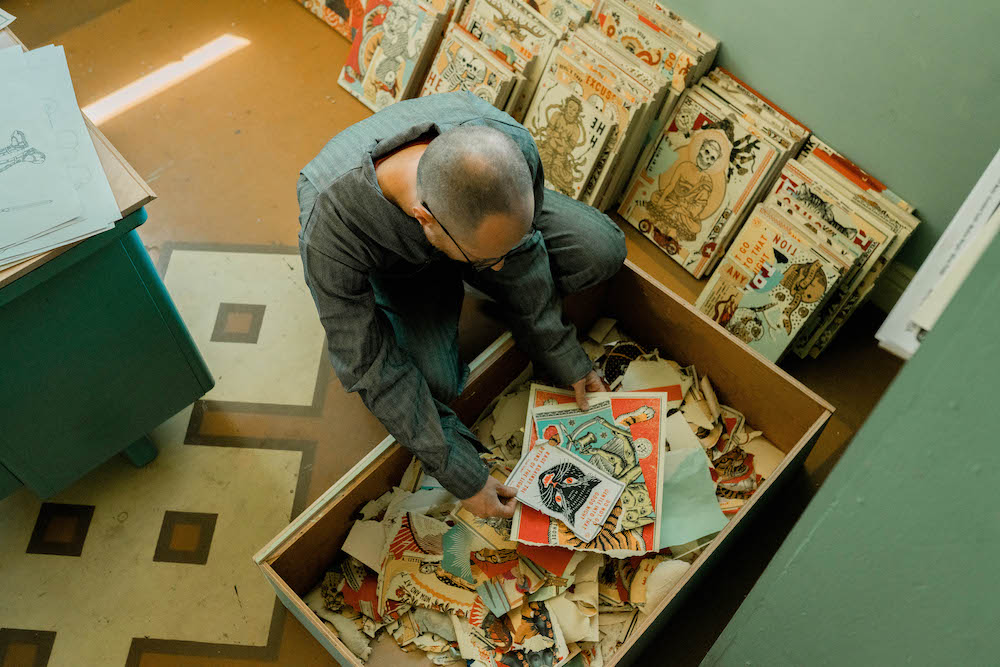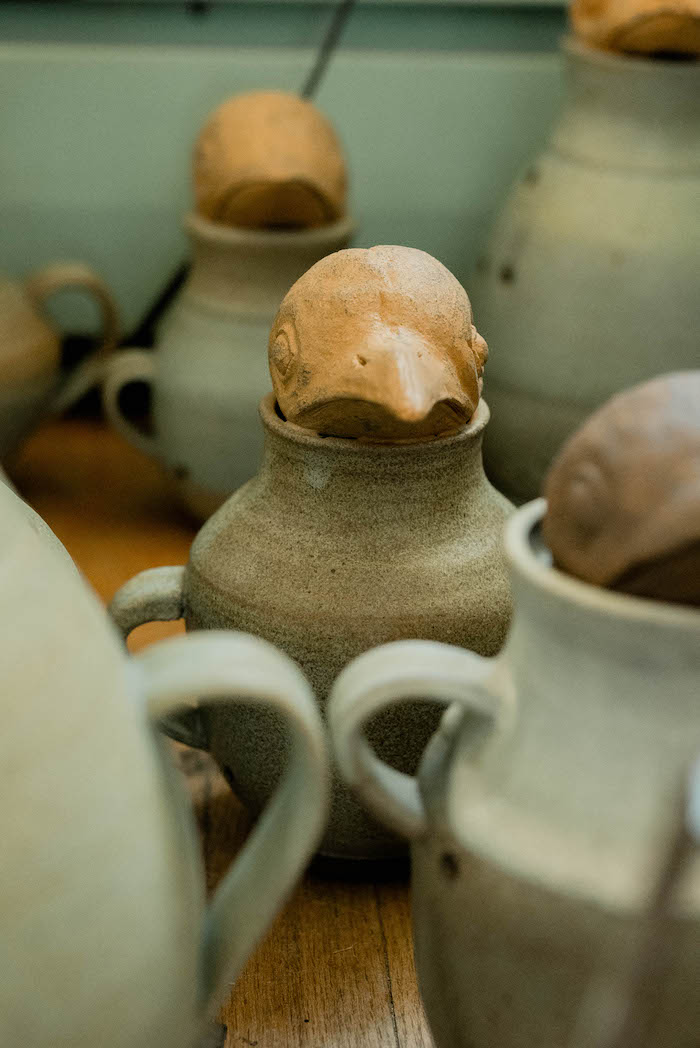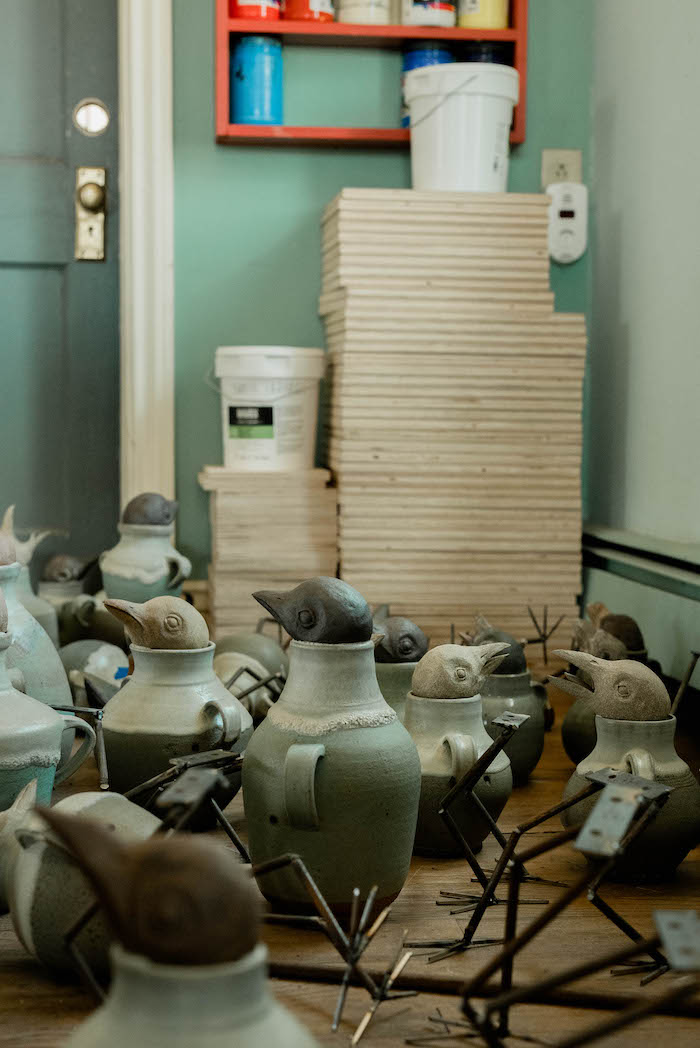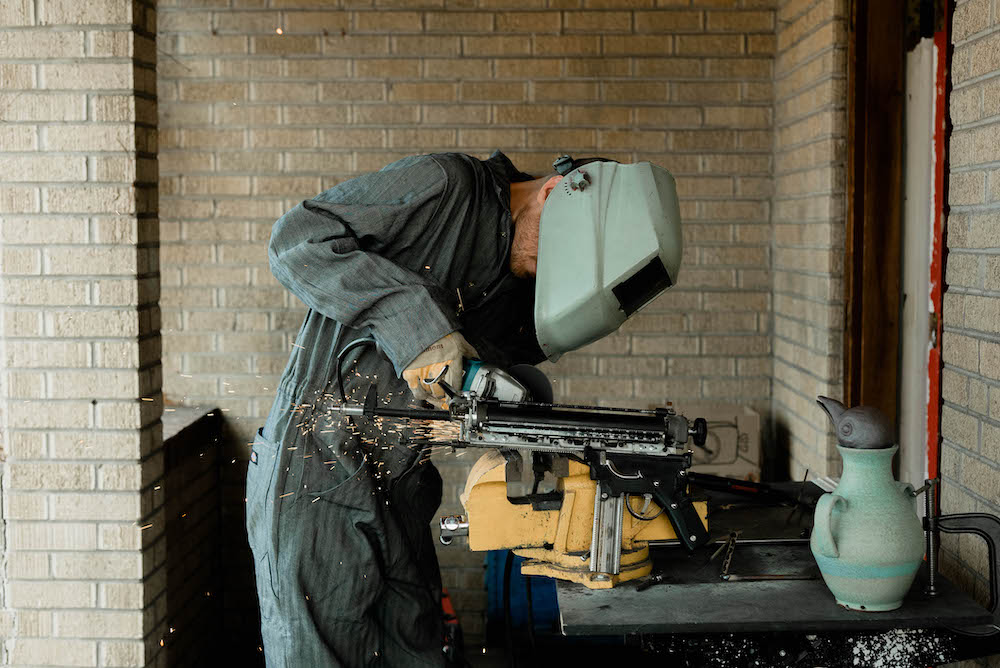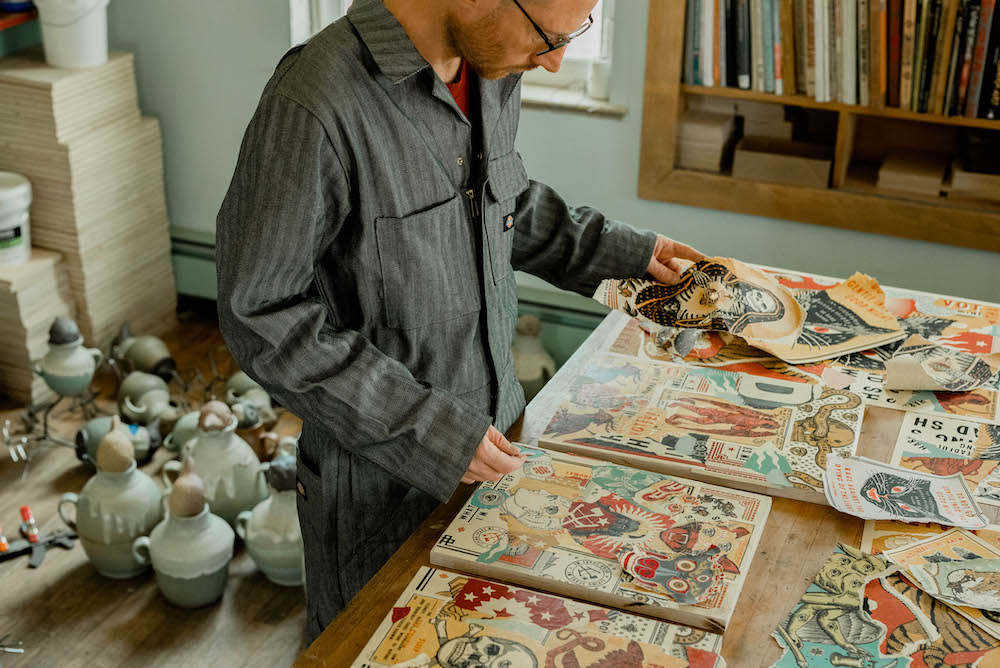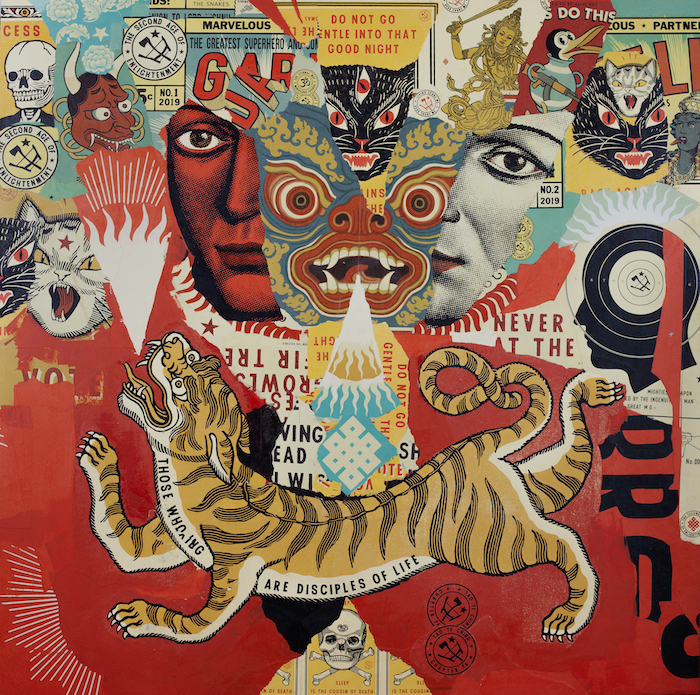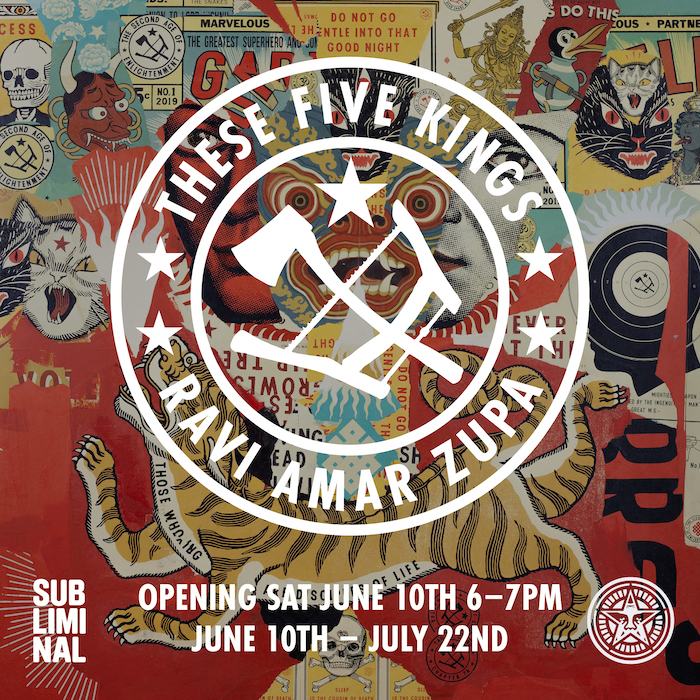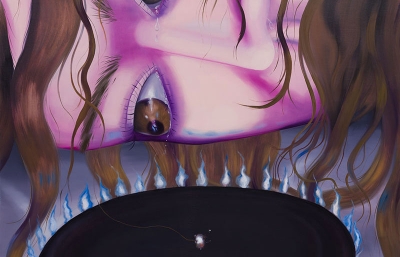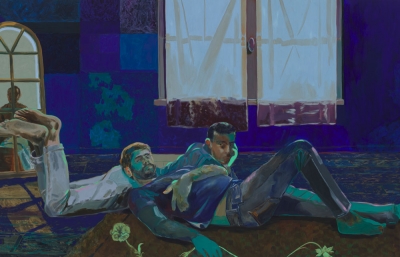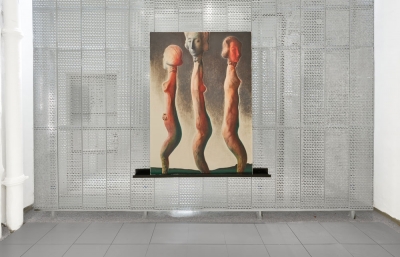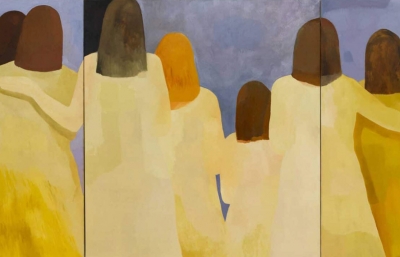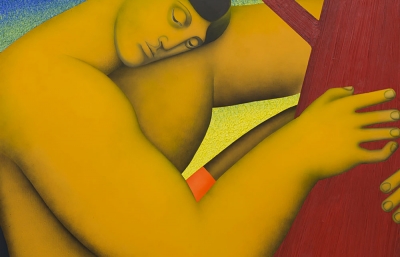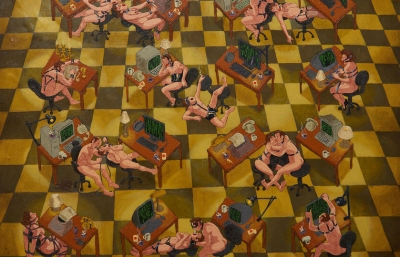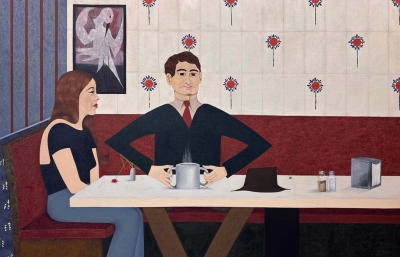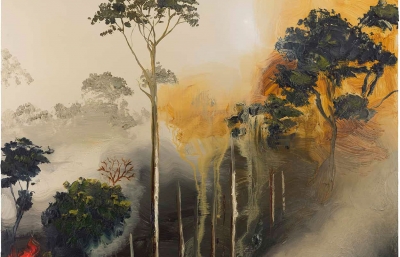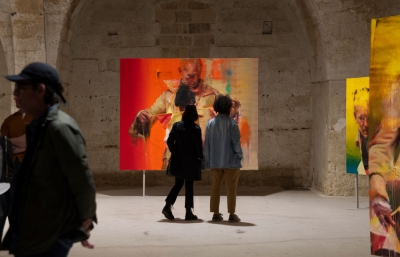Subliminal Projects is pleased to present These Five Kings, by Denver-based artist Ravi Zupa. For his second solo exhibition at Subliminal Projects, Zupa will utilize the entirety of the gallery presenting four different bodies of work that highlight his multidisciplinary practice. The exhibition will feature a site-specific installation of his ongoing typewriter machine gun series titled “Mightier Than,” a new series of sculptures, as well as new print-based originals, drawings, and paintings.
The exhibition title, “These Five Kings,” was lifted from a line in the poem “The Hand That Signed the Paper,” by Dylan Thomas, published in 1935. The poem examines the dangers of power and the written word, a concept that plays an integral role in the exhibition through a contemporary lens. With the arrival of A.I. language models, the autonomy of more cognitive tasks, such as writing, has now been usurped, and our competitive advantage is now contingent on our empathy and dexterity.
“Our hands are only made more precious and more invaluable by this strange turn of history," Zupa says. "We usually think of the power of words as a positive thing, how it beats the power of violence, but this poem keenly illustrates the dangerous side of that power. How the written word can be a weapon of mass destruction. What we make with our hands and who we share it with becomes more beautiful and more profound.”
This poem specifically resonates with Zupa’s “Mightier Than” series. With intricate craftsmanship, Zupa creates realistic looking modern assault rifles out of vintage typewriter parts, turning the adage the “pen is mightier than the sword” on its head. Entirely self-taught, Zupa sources his material exclusively from his own hand and creative universe, utilizing a variety of artistic techniques and extensive research. Finding inspiration from German Renaissance printmakers, Flemish primitives, abstract expressionists, Japanese woodblock artists, Mughal painters, religious iconography, and revolutionary propaganda from around the world, Zupa has created his own unique symbolic legend. The immersive exhibition takes the viewer through Zupa’s singular retrofuturistic aesthetic, challenging ideas of violence and communication, cultural familiarities, and the fantastical.



